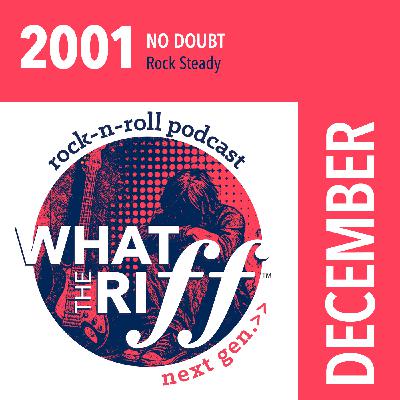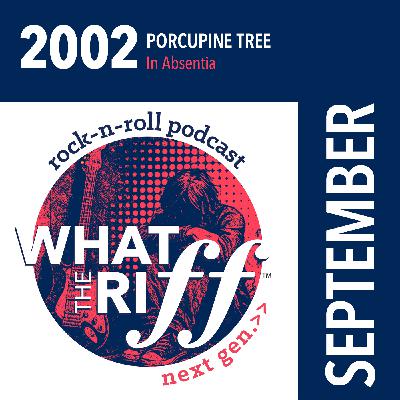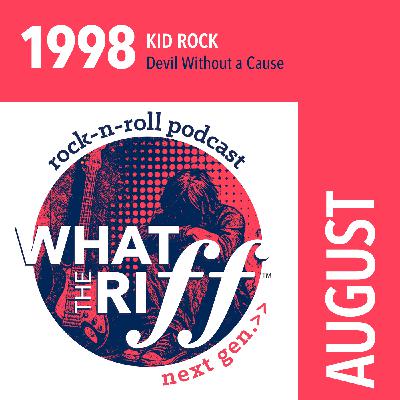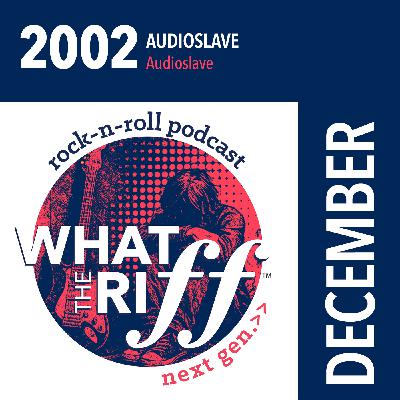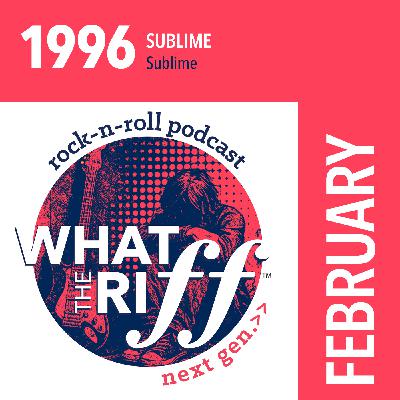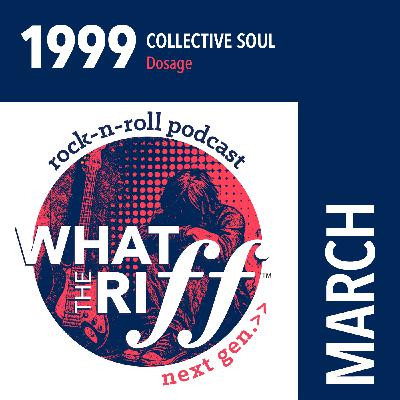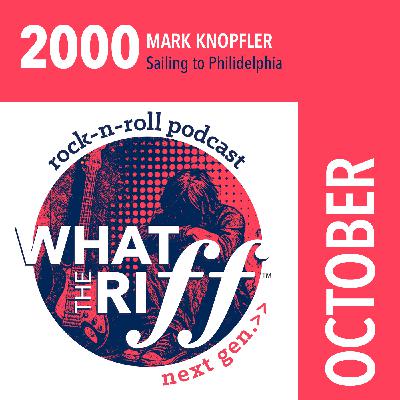
What the Riff Next Gen
Author: Rob Marbury, Wayne Rowan, Bruce Fricks, John Lynch
Subscribed: 46Played: 1,291Description
Every episode of “WHAT THE RIFF NEXT GEN” brings a ROCK AND ROLL album that debuted on the U.S. Billboard charts during a random month between 1995 and 2005. Four Classic Rock fans discuss the artist and 4 tracks from the album as it plays in the background. Then we riff on 3 additional “staff picks” of other artists that were also on the charts during that month and year. You’ll hear Classic Rock bands that were still producing new work, as well as some newer Alternative and Grunge bands that were gaining momentum during this Millennium Y2K Period. We encourage you to find and purchase the tracks and albums from Apple Music, Spotify or your other favorite music service. Please subscribe so you don’t miss any release! In addition to “Next Gen” you can search our ORIGINAL “What the Riff?!?” episodes (1-373) covering 1965 - 1995. We also invite you to follow us and learn more about us @whattheriff on Facebook.
Disclaimer: What the Riff?!? is a music commentary and review podcast that highlights classic rock music through historical context, personal insights, and artist appreciation. We do not claim ownership of the songs featured, which remain the property of the original artists and rights holders. All music is used under the Fair Use doctrine for purposes of criticism, commentary, and education. We encourage our listeners to support the artists by purchasing and streaming their music legally.















